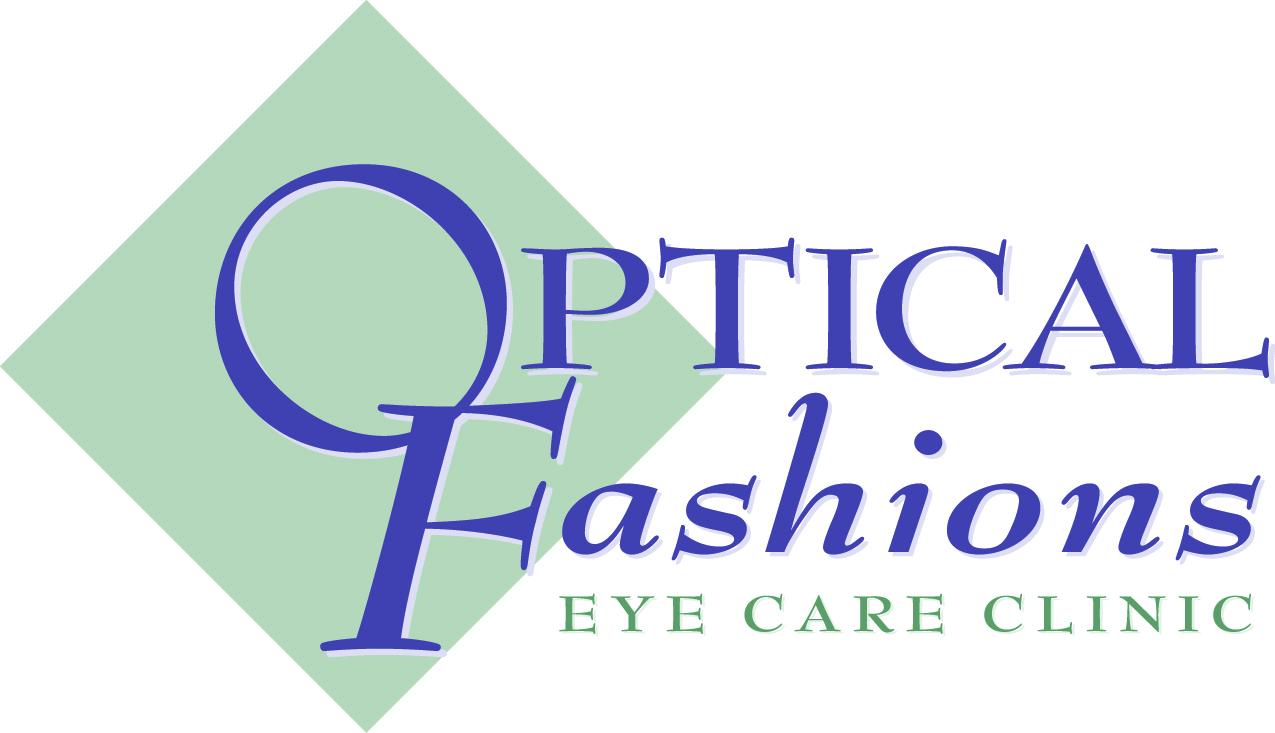The month of August is National Eye Exam Month, and it makes sense considering August is when we are getting the most exposure to sunlight and, with that, UV ray exposure. The negative effects of UV rays are usually emphasized in the medical field when talking about our skin, but the month of August is ensuring we do not forget about the effects on our eyes as well.
Healthy vision and healthy eyes are factors in our quality of life, no matter what age and ensuring you maintain healthy vision starts with a comprehensive eye exam. Not only are eye exams important for maintaining clear and focused vision but getting regular eye exams are the best way to make sure you are detecting problems early, using the right prescription lenses and keeping your risk low for severe or future damage.
You may think that your vision is fine or pretty good, but many problems with your eyes and general health can go undetected or be asymptomatic for a while. By getting a complete eye exam, your eye doctor will be able to uncover diseases in their earliest stages. It is also in these early stages that many diseases are at their most treatable.
As a general guide, eye care experts recommend you have a complete eye exam each year to assess how healthy your eyes are and how they may have changed since your last exam, no matter what age you are. People who are over the age of 60 or individuals who have diabetes, high blood pressure and other disorders that can have an impact on eye health should have their eyes examined more frequently than the annual recommendation.
Eye care experts also recommend that all children should have their eyes examined when they are 6 months of age, 3 years of age, and again at the start of school. With back-to-school right around the corner, August is the perfect time to have your child undergo a comprehensive eye exam to ensure their learning is unhindered by poor vision or vision problems. Children without vision problems such as nearsightedness, farsightedness or astigmatism or risk factors should then continue to have their eyes examined every year throughout school. Children with existing vision problems or risk factors should have their eyes examined more frequently than the annual recommendation.
Not only are eye exams important for identifying and treating potential vision or health problems, but each eye exam is an opportunity to establish a baseline in order for your eye doctor to have a point of comparison for any future eye exams. Being able to track vision health over time is another key to maintaining your overall eye health and having confidence that there isn’t any underlying issues with your vision.
So, what should you expect from a comprehensive eye exam? First, you can expect to talk about any changes in your medical history since the last exam you have had as well as a list of medications you’re currently taking. You can also expect to discuss any family history of vision problems in order to gain better insight about the current state of your eye health and vision.
Next, you’ll undergo a series of vision and eye tests that help determine the quality and overall health of your vision. These tests will also help rule that your current prescription glasses or contacts are still meeting your vision needs.
After the testing, you and your optometrist will have an honest discussion about your eyes and any health concerns or possibly serious vision complications, including the next steps you must take in order to preserve or protect your sight from future or further damage.
Remember that regular comprehensive eye exams are the key to healthy life-long vision and just because it’s National Eye Exam Month, doesn’t mean you shouldn’t take care of your vision all year long!

